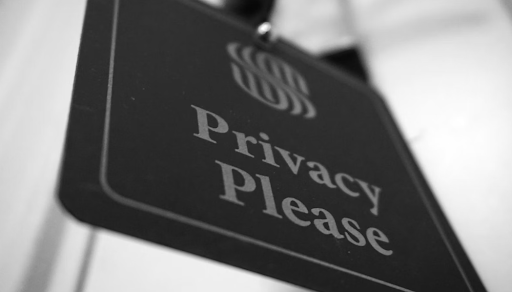Among several concerns shared by businesses, catering to the ever-growing security threats always remains on top. Of course, the advent of technology has made it easier than ever for businesses to grow and reach out to more customers than ever before.
Unfortunately, the same sources have also empowered opportunists ready to take advantage of anyone with even the smallest vulnerabilities. If you think that your business may not be a primary target for opportunities, you may be mistaken. Threats do not come with warnings, and you must always be prepared.
Keep on reading to learn the best ways to ensure data privacy for your business.
1. Use a Dedicated Server
Dedicated servers, such as bare metal server hosting from Liquid Web, can be a source of power and control for your network management needs. While most businesses use servers as an efficiency tool, it can also help you multiply your network security.
You can also dedicate your servers to a certain function, such as managing multiple websites at once, to save you time and money.
2. Classify Sensitive Data
No one other than you understands the types of data you deal with and their sensitivity levels. This knowledge gives you the most important role when it comes to securing your data. Actions taken today with the help of your team today can determine a secure future for your business.
With the help of your team, try and organize your data based on their value. Once done, you can proceed with the classification of the most important data.
3. Monitor Access to Data
Every business has enough understanding of data security to hire only reliable people and work with them. However, you may have given access to your sensitive data to so many clients before you know it. The more people accessing your data, the more vulnerable it is.
You must monitor who has access to your data as a first priority. From there on, you must limit access to information based on the job roles of employees and teammates.
4. Ensure Physical Protection
Physical security may often be overlooked, but it is a crucial aspect of data security. You can start to enhance the physical security of your business by locking your workstations when they are not in use. This practice can help protect your hard drives and other sensitive data.
In addition, make sure to use biometric verification for people entering your office to restrict any irreverent people from accessing your hardware.
5. Use Multi-Factor Authentication
Multi-factor Authentication (MFA) is one of the most commonly available and useful ways to protect your data. It gives your data an extra layer of protection to authenticate your account. It means that you cannot access your data by password alone.
A security token, fingerprint, voice recognition, or confirmation on your mobile phone are just a few examples of multi-factor authentication. Even if the hacker has your password, they may not be able to get access to your data without either or more authentication factors.
